As part of the Growing Together project backed by the IKEA Foundation, Handicap International promotes early detection, stimulation, and rehabilitation sessions for children, to prevent the onset of disabilities and improve their living conditions in the long run.
The organisation trains parents, care givers and community volunteers to stimulate young children through play and daily activities.
Bangladesh
Handicap international has carried out community mapping in refugee camps, including Nayapara camp in Bangladesh. The organisation asked 25 community members[1] to identify the most vulnerable people, children with disabilities, parents, and children, to take part in activities run by the Growing Together project (parent/child committees, fun activities, rehabilitation sessions, and so on).
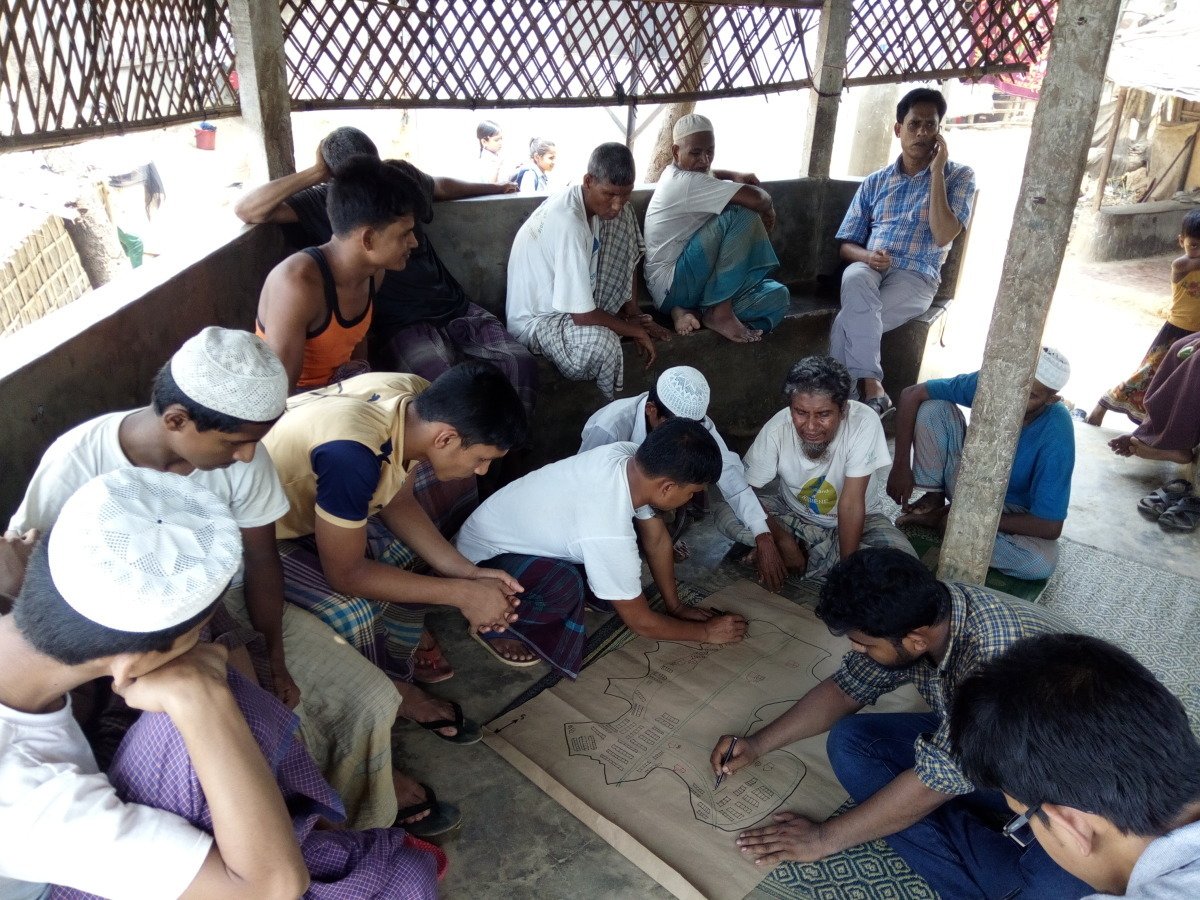
Growing Together training in Bangladesh. © Handicap International
The organisation has also done community mapping in Balukhali village, with the involvement and support of community members.
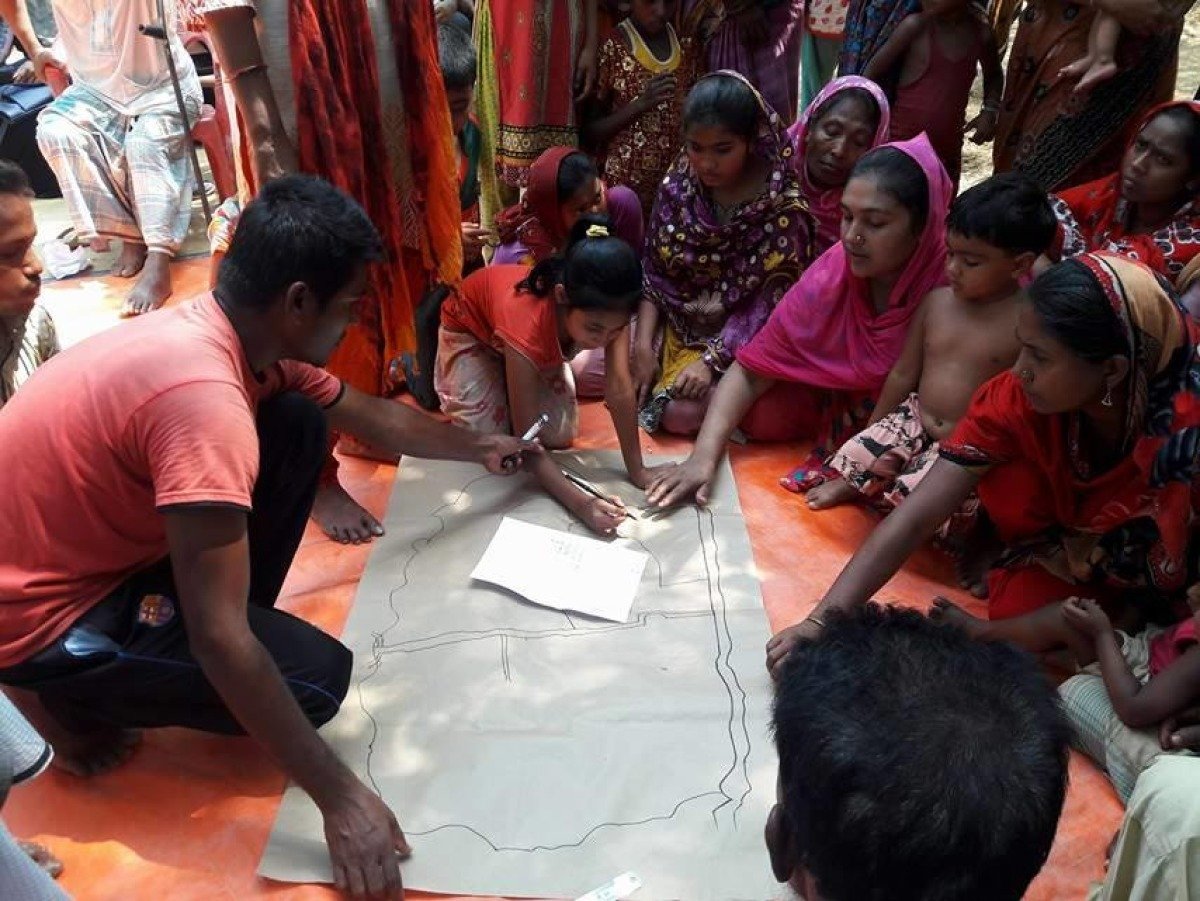
Growing Together community mapping in Bangladesh. © Handicap International
Thailand
Handicap International trained more than forty community volunteers in three refugee camps on the border with Myanmar.
The volunteers learnt to provide care for children (hygiene), to feed them, and to stimulate and encourage them to play from infancy. Seventeen volunteers also received training in children’s rights and their protection, risk recognition, and the referral of child victims of violence to organisations offering appropriate services.
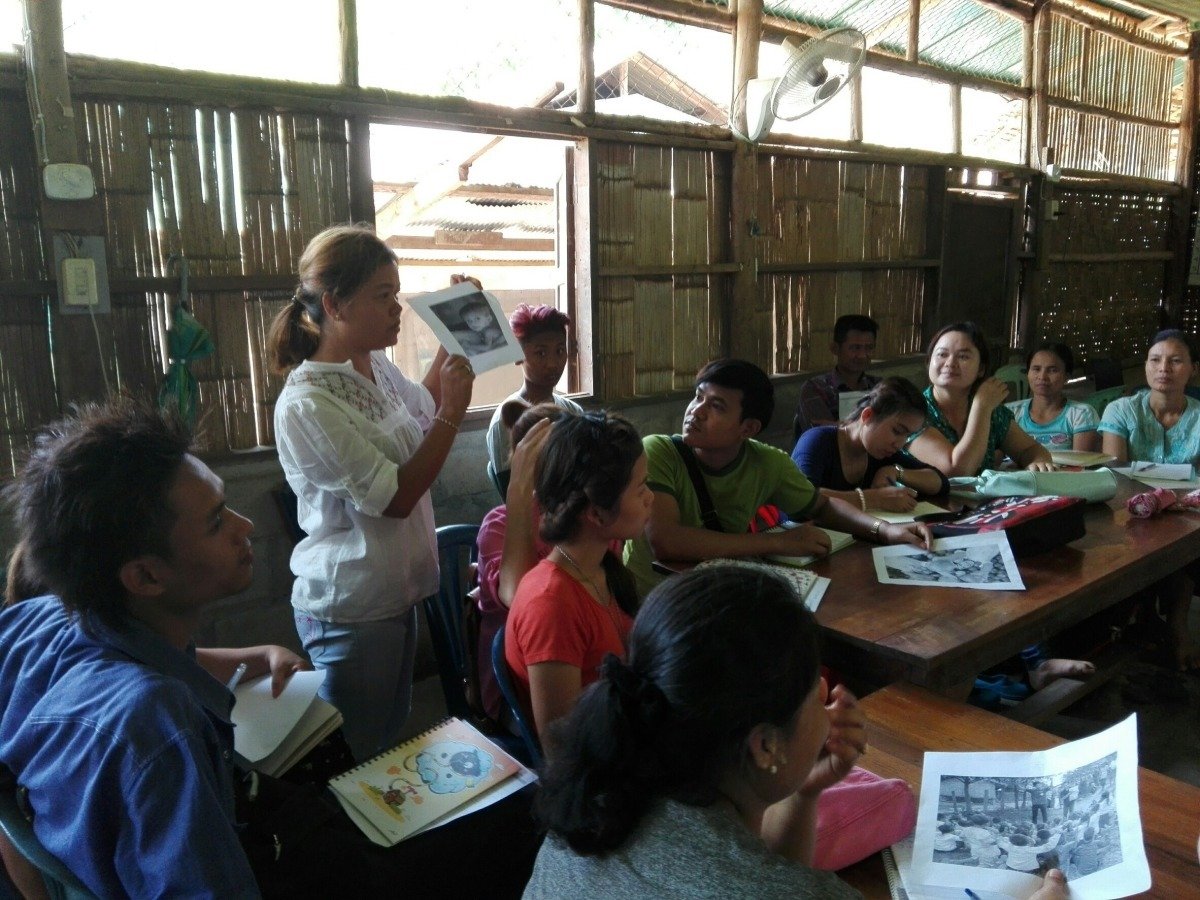
Growing Together training in Mae La refugee camp, Thailand. © Handicap International
Pakistan
In refugee camps[1], including Peshawar camp in Pakistan, Handicap International trains fathers on the importance of play and stimulation in the development of their children. They also learn how to stimulate children from infancy:
“A stressed child, or a child who grows up in fear, cannot learn and develop. His or her psychological and emotional well-being are of the utmost importance, notably through interaction with his or her family and by playing regularly at home,” explains Alexey Kruk, regional coordinator of the Growing Together project.
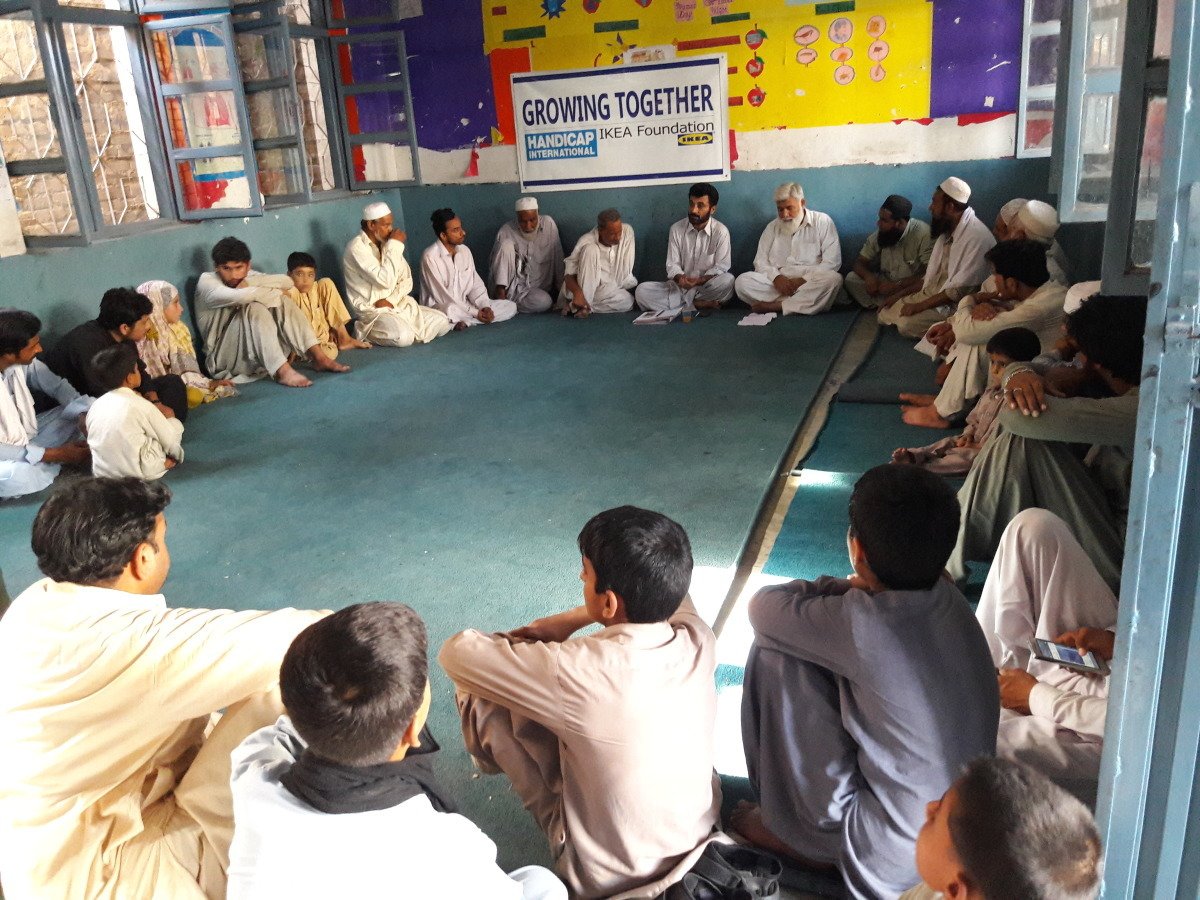
Growing Together training in Pakistan. © Handicap International
Handicap International also organised training for mothers in Peshawar refugee camp to explain the importance of play for children and to teach them infant stimulation techniques.
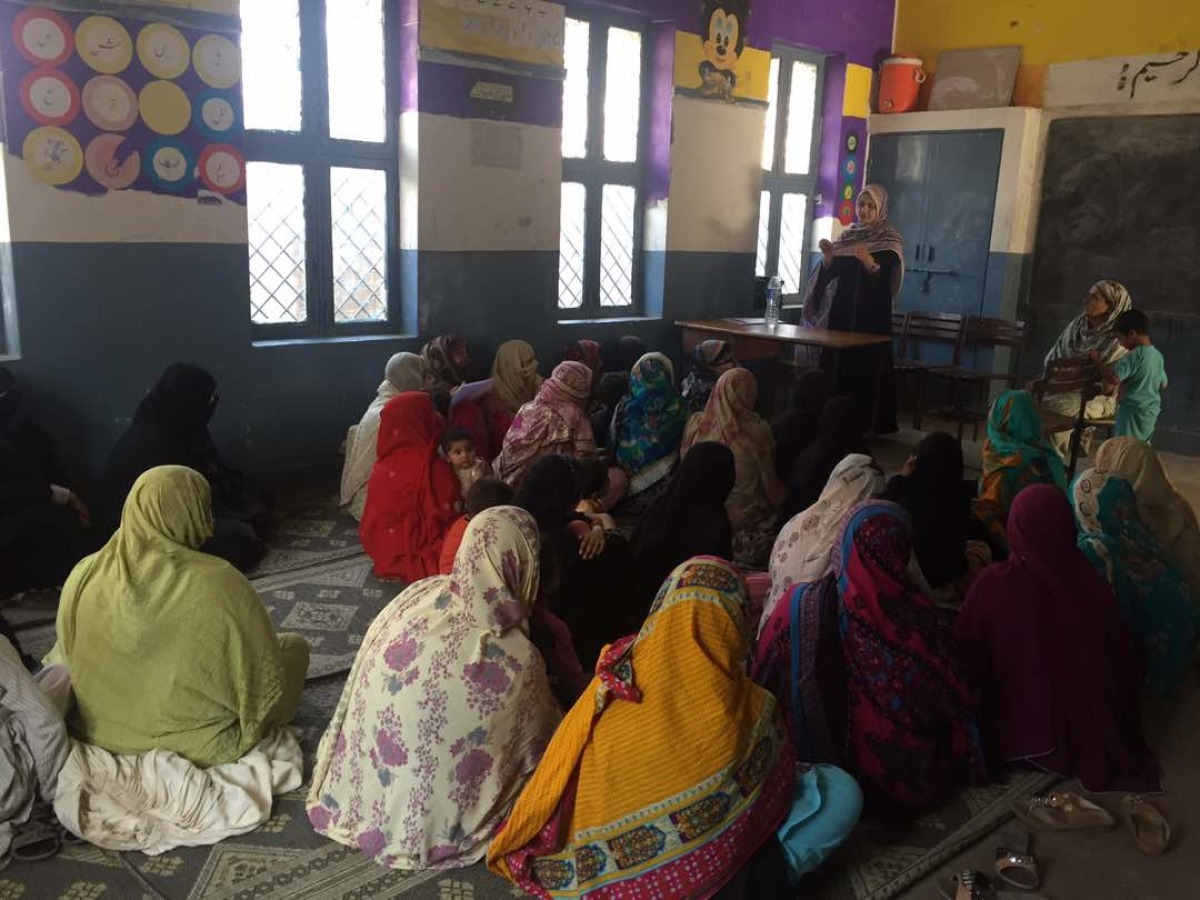
Growing Together - Training mothers. © Handicap International
[1] In Pakistan, Bangladesh and Thailand.










